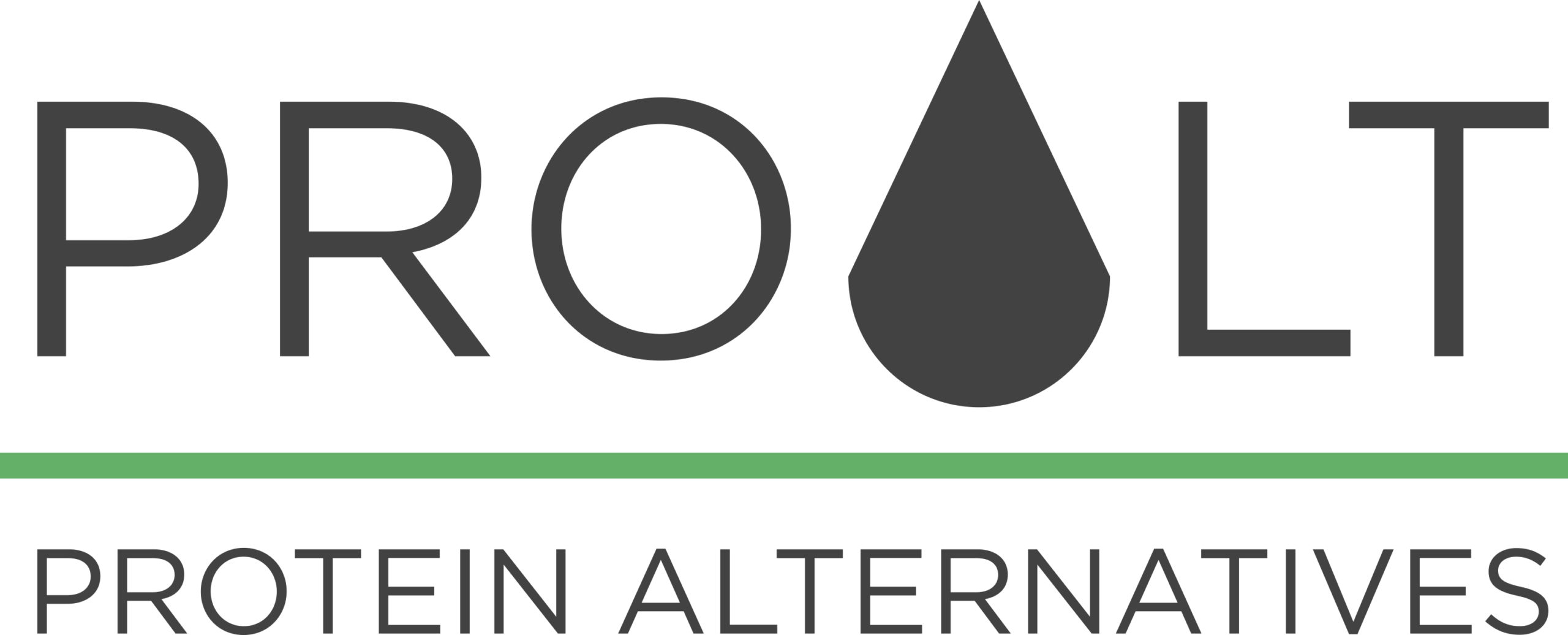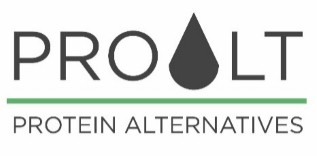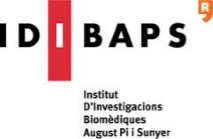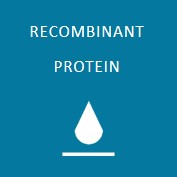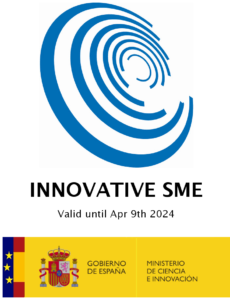Diagnostics
OUR DIAGNOSTICS PIPELINE


Markers | Markers | Markers | Assay | Clinical | Regulatory | Comercialization |
This project has received funding from the European Union’s Horizon 2020 research and innovation programme under grant agreement number 666540
This project has received funding from the Eurostars-2 joint programme with co-funding from the CDTI and the European Union’s Horizon 2020 Research and Innovation Framework Programme
ABOUT COLODETECT
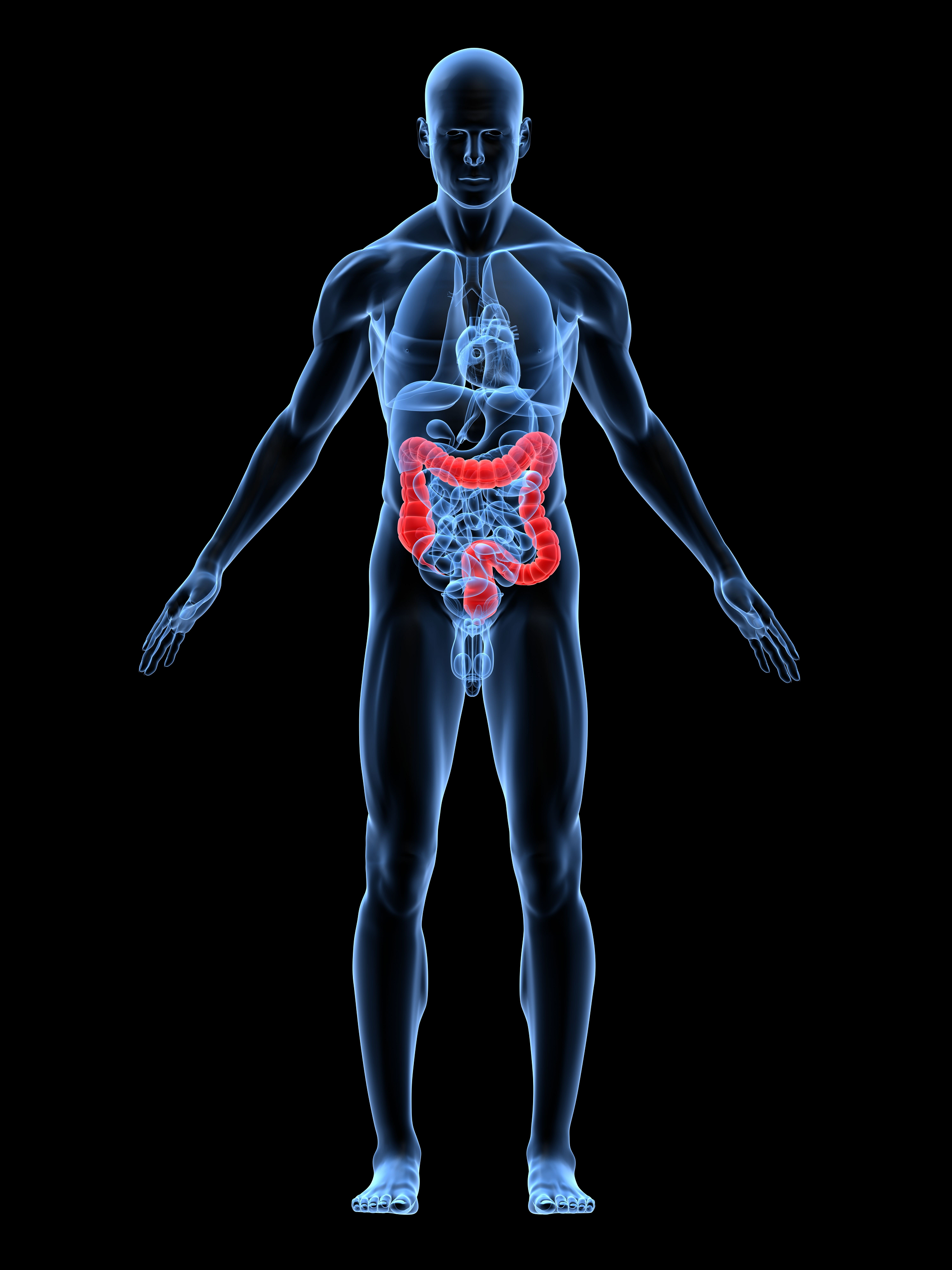
Colorectal cancer (CRC) has a high incidence and mortality rate in European countries. Although early detection significantly improves 5-year survival, it involves highly invasive detection techniques that limit the screening of large populations at risk.
COLODETECT® relies on ELISA immunoassay technology, which facilitates the simultaneous measurement of 11 cancer-specific autoantibodies from a very small volume of blood sample. This non-invasive novel test improves CRC screening and diagnosis at early stages.
ABOUT PROFILUX
Lung cancer (LC) is the second most commonly diagnosed cancer and the leading cause of cancer deaths worldwide. The five-year survival rate is low (17%), and more than 80% of the patients are diagnosed at an advanced stage (III-IV), typically too late for curative treatment.
PROFILUX project goal is to develop an in vitro diagnostic (IVD) test for early LC detection using blood and/or saliva, based on tumour autoantibodies (AAbs) profiling. AAbs can be detected long before clinical symptoms become overt, making them ideal tools for early LC detection.
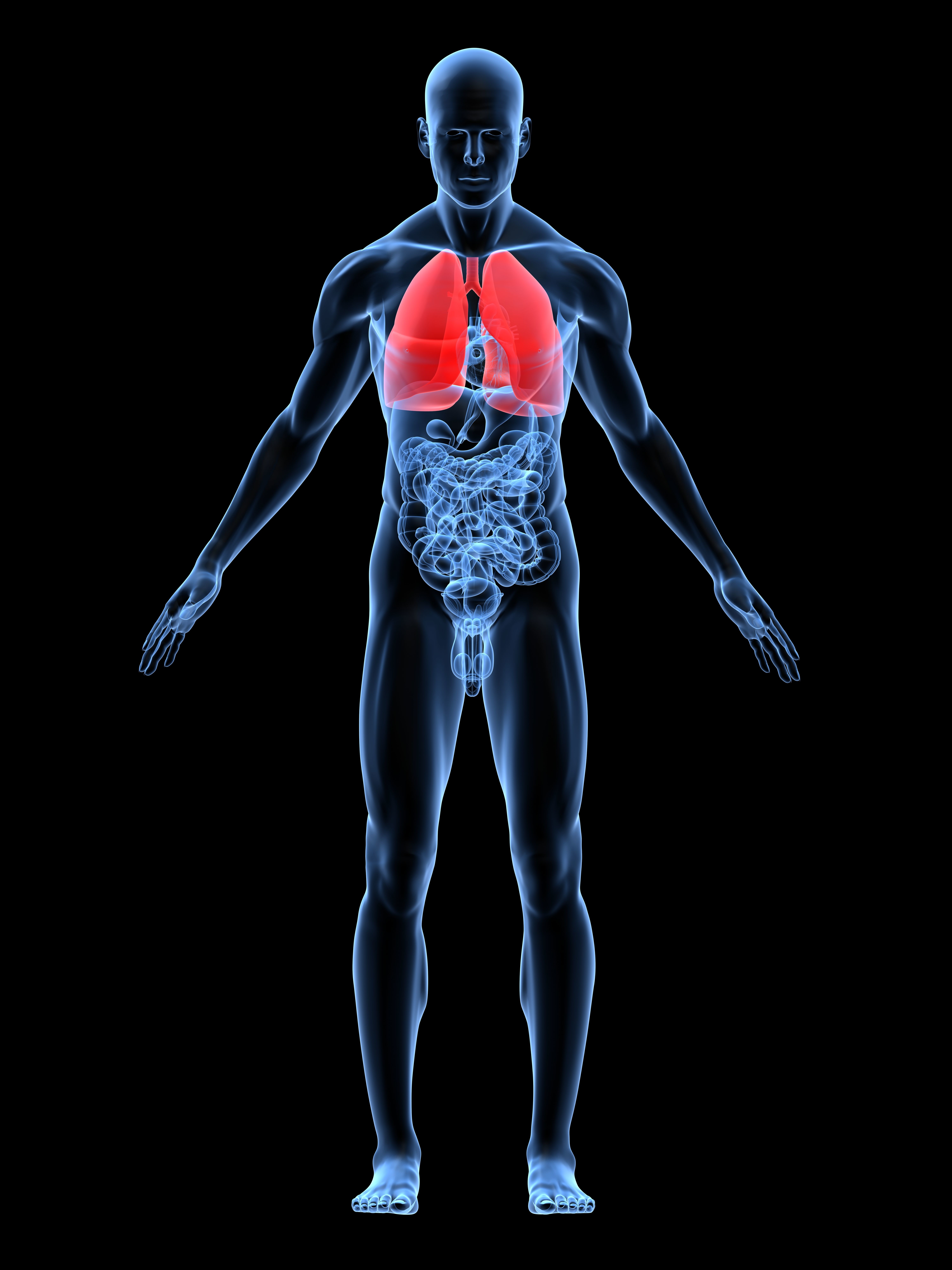
OUR INNOVATIVE STRATEGY
COLODETECT® and PROFILUX are diagnostic tests for early detection of colorectal and lung cancer, respectively, based on the detection in blood – and saliva – of autoantibodies.
Autoantibodies (AAbs) are a subset of self-antibodies generated by the human immune system against cancer specific proteins, also known as Tumor-Associated Antigens (TAAs) or neoantigens. Antigens associated to patient’s tumor include over-expressed proteins, abnormal, aberrant, mutated and truncated proteins, proteins with abnormal post-translational modifications and normal cell proteins that are released to the fluids and exposed to the immune system due to the cells rupture.

